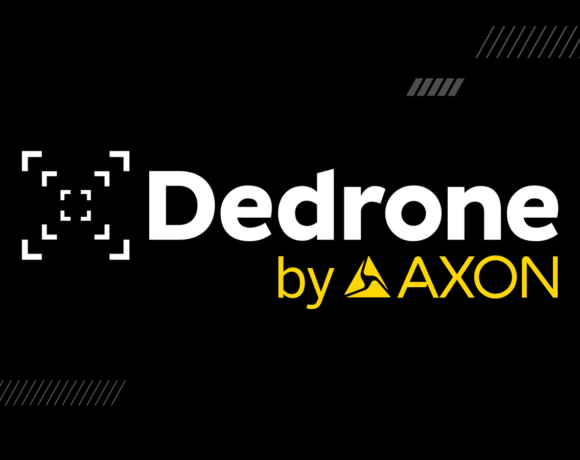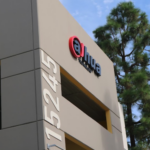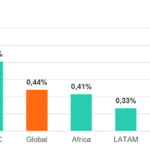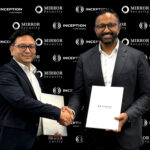BlackBerry Reports Profit on Demand for Cybersecurity Services

BlackBerry, based in Waterloo, Canada, surprised investors with a profitable fourth quarter, driven by increased demand for its cybersecurity services amidst a rise in online crimes and high-profile hacks. The company’s US-listed shares surged by 6.4 percent after the announcement.
“We are making good progress with efforts to both separate the divisions and drive towards profitability, and operating cash usage more than halved sequentially this quarter,”
John Giamatteo, BlackBerry CEO
In the quarter ending February 29, BlackBerry reported an adjusted net profit of 3 cents per share, beating analysts’ average estimate of a loss of 3 cents. Revenue for the quarter stood at $173 million, surpassing analysts’ average estimate of $154.78 million. The cybersecurity unit’s revenue, which provides security software to enterprises and governments, increased by 5 percent year-on-year to $92 million, while revenue from its internet of things (IoT) business rose by 25 percent to $66 million.
CEO John Giamatteo expressed optimism about the company’s progress, citing efforts to separate divisions and drive profitability. The company recently reduced its workforce by 200 jobs, closed some offices, and aims to achieve a $100 million increase in annual profit.
BlackBerry’s transition from a hardware-centric to a software-focused company has been evident in recent years. Hans-Peter Bauer, BlackBerry’s EMEA VP, highlighted this evolution, emphasizing the company’s commitment to security, reliability, and ease of use. While the company no longer manufactures handsets, its software solutions are now available on various platforms, ensuring a wider reach.
Looking ahead, BlackBerry expects first-quarter revenue in the range of $130 million to $138 million, below analysts’ estimates. The company anticipates full-year 2025 revenue between $586 million and $616 million, with an adjusted loss per share of 3 cents to 7 cents.
Bauer underscored BlackBerry’s adaptability in responding to market dynamics while maintaining its core values. By transitioning from hardware to software solutions, the company remains committed to providing secure and reliable services across diverse platforms, catering to evolving consumer preferences.




















